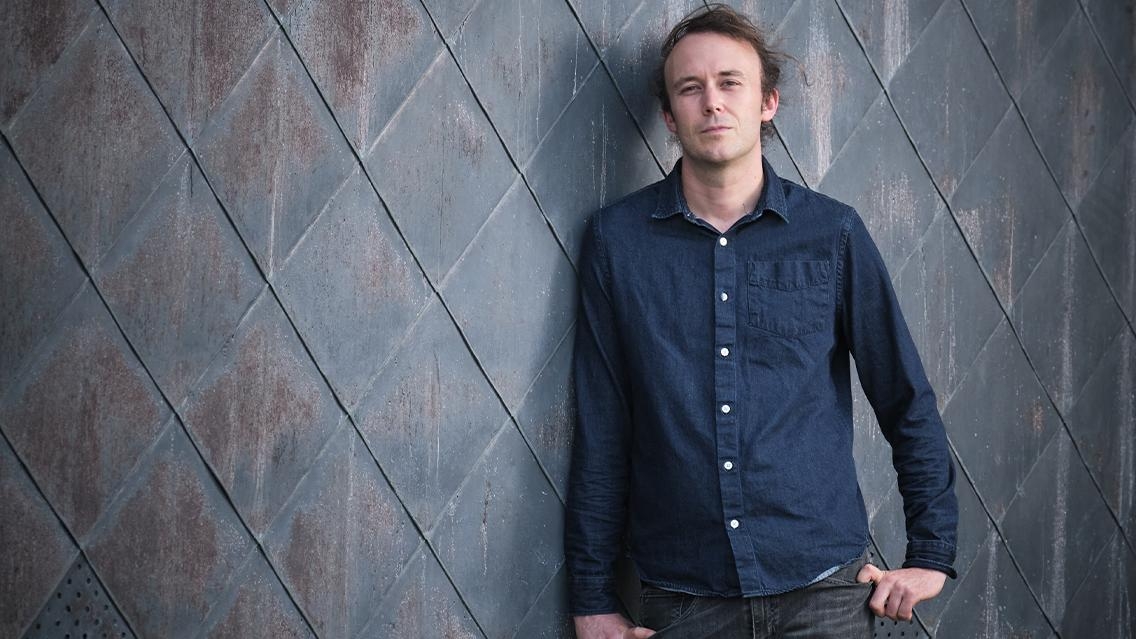The Race Against Polio

Scientist Ross McIntosh has been working to overcome antivaccination beliefs in communities experiencing polio outbreaks in Africa. Fluency in French—gained through a fellowship at the Language Schools—has helped him to overcome vaccine hesitancy.
In 1988, polio was present in more than 125 countries and paralyzed about 1,000 children per day. Thanks to a global eradication campaign and immunization efforts that have reached nearly three billion children, the incidence of polio has decreased by 99 percent since then. But polio is making a comeback.
The virus spreads from person to person and only affects humans; children are especially susceptible. Because polio has no cure, vaccination is the only way to protect children and stop the disease from spreading. Among the reasons for polio’s resurgence is false information about vaccines spread via social media and the Internet, which has fueled mistrust and vaccine hesitancy.
In Western and Central Africa, Ross McIntosh, a scientist with UNICEF, has been working to overcome antivaccination beliefs in communities experiencing polio outbreaks. “Many of these communities have experienced prolonged conflict,” says Ross, “which often creates antagonistic relationships with the national government.” The antagonism leads to distrust and a rejection of government initiatives, including polio vaccine programs.
It’s hard sometimes for aid workers to imagine how people in crisis want to receive support. If I can truly understand why people are refusing to get vaccinated, in their language, I can explain that to the people who make decisions about the polio vaccination program.
Polio-affected areas are some of the most marginalized and underserved communities in the world. To build trust in these fragile environments, Ross and his colleagues spend time working with the national government, community leaders, health officials, and families to try and understand patterns of vaccine hesitancy and effectively inform vaccine-hesitant individuals of the dangers associated with avoiding vaccination.
Prior to combatting polio with UNICEF, Ross worked in Afghanistan, conducting research on the success of state-building and development projects. “The lack of understanding of Afghans and Afghanistan on the part of foreigners, and a lack of language learning on the part of aid agencies, made many development projects at best ineffective, and at worst fuel for local conflict,” says Ross.
As a result of his experience in Afghanistan, Ross knew he needed to improve his French language skills to further his polio eradication efforts in Francophone Africa, and he determined that the Betty Ashbury Jones MA ’86 School of French would provide the intensity and rigor he required. A Kathryn Davis Fellowship for Peace supported his immersion in the language for eight summer weeks. Coursework in the French school gave him a firm foundation in grammar, and now he can work toward fluency on his own.
“It’s hard sometimes, I think, for aid workers to imagine how people in crisis want to receive support,” says Ross. “I think we quite often forget that apart from wanting food and vaccines, people also want to maintain their dignity. If I can truly understand why people are refusing to get vaccinated, in their language, I can explain that to the people who make decisions about the polio vaccination program.”

